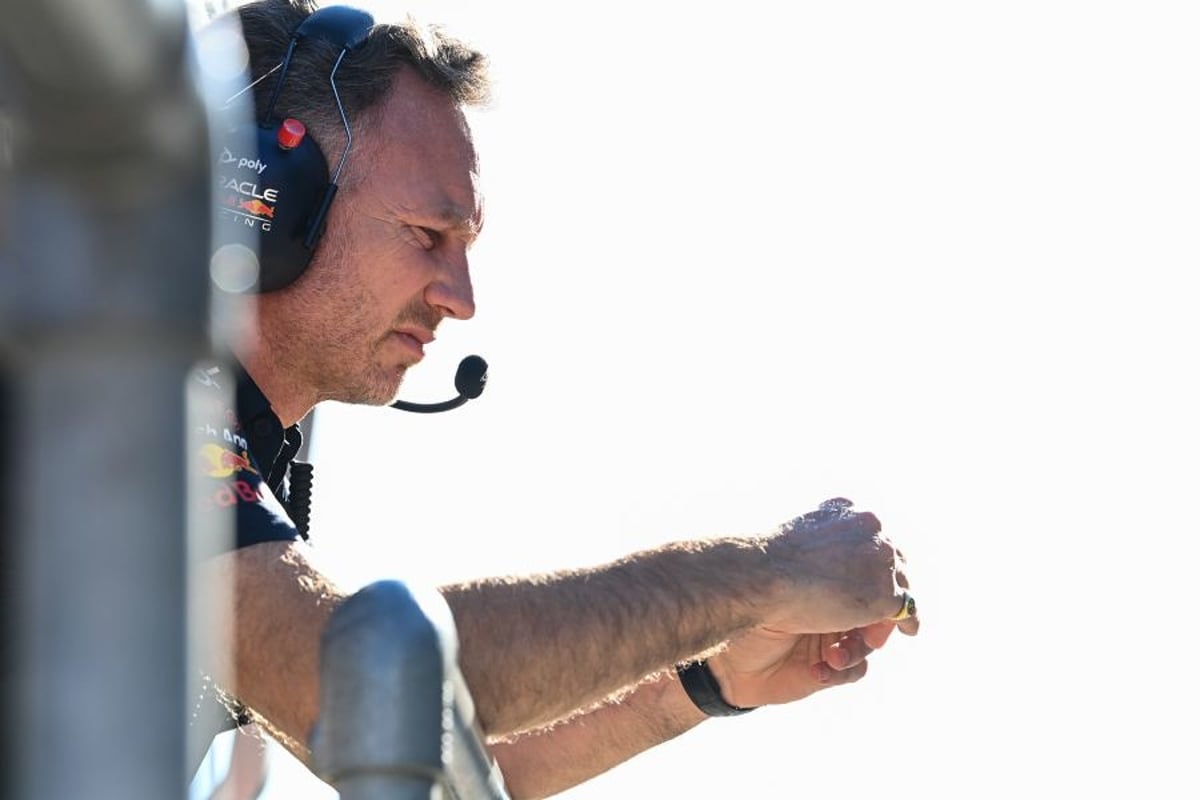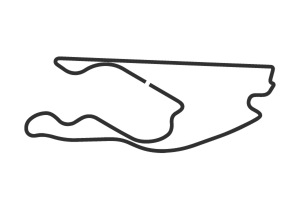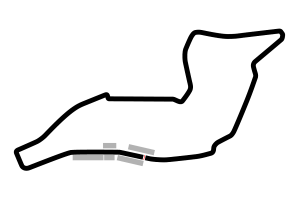Christian Horner has called on the FIA to use the $7million fine imposed on Red Bull for breaching the budget cap to help struggling series elsewhere.
Red Bull was hit with the significant seven-figure sum for going beyond last season's $145million [£118,036,000] limit by £1.864m or 1.6 percent.
The team has also been punished with a 10 percent reduction in its windtunnel and CFD time for next season, which Horner has suggested could cost the team up to half a second in lap time.
Horner, though, is curious as to what the FIA will do with the money from the fine, which has to be paid by late November.
Although not referred to specifically by Horner, the W Series was forced to wind up its campaign early this year due to funding difficulties, leaving its future uncertain.
"It's an enormous amount of money [$7m] and obviously it's down to the FIA what it chooses to do with that money," said Horner. "We just hope it gets put to good use.
"Obviously, we see championships that are struggling at the moment and hopefully it can do some good."
The FIA is known to be a not-for-profit organisation, and once operational costs are covered, it invests in development programmes relating to technology and safety and grassroots motorsport.
Red Bull not baulking at fine hit
Despite the sizeable figure, it is a sum that will not adversely affect Red Bull too much given its revenues, especially for this season following its constructors' championship
triumph.
Highlighting the current financial strength of F1 and the prize money handed out to the teams by owners Liberty Media has left Horner to again suggest the budget cap
needs addressing.
"In terms of the material effect [of the fine] on Red Bull Racing, this year has been a strong year for us," assessed Horner.
"Indeed, the amount of money we will receive from Liberty this year will exceed the cap itself.
"So Formula 1 is in rude health, sponsorship income is strong, and the commercial revenue.
"It's why the cost cap does need looking at because you have a prize fund exceeding the cap for the first three or four teams.
"Even the teams at the back of the grid are probably going to have 70 to 80 percent of their costs covered by the prize fund."
Related

















































 Grand Prix du Canada 2025
Grand Prix du Canada 2025  Grand Prix of Austria 2025
Grand Prix of Austria 2025  Grand Prix of Belgium 2025
Grand Prix of Belgium 2025  Grand Prix of Hungary 2025
Grand Prix of Hungary 2025  Grand Prix of Azerbaijan 2025
Grand Prix of Azerbaijan 2025  Grand Prix of Singapore 2025
Grand Prix of Singapore 2025  Gran Premio de la Ciudad de Mexico 2025
Gran Premio de la Ciudad de Mexico 2025  Grande Prêmio de São Paulo 2025
Grande Prêmio de São Paulo 2025  Qatar Grand Prix 2025
Qatar Grand Prix 2025  Grand Prix of Abu Dhabi 2025
Grand Prix of Abu Dhabi 2025 